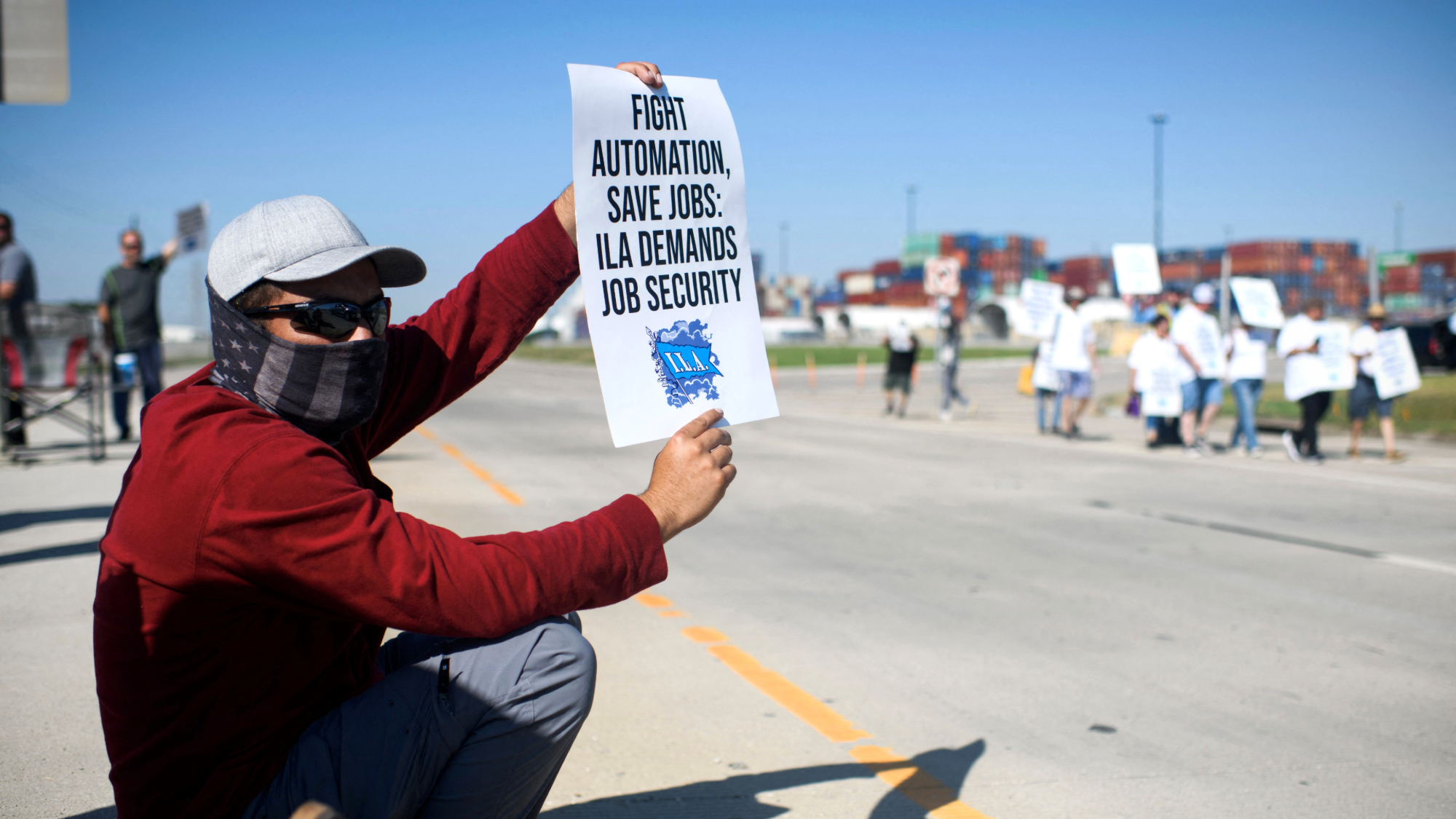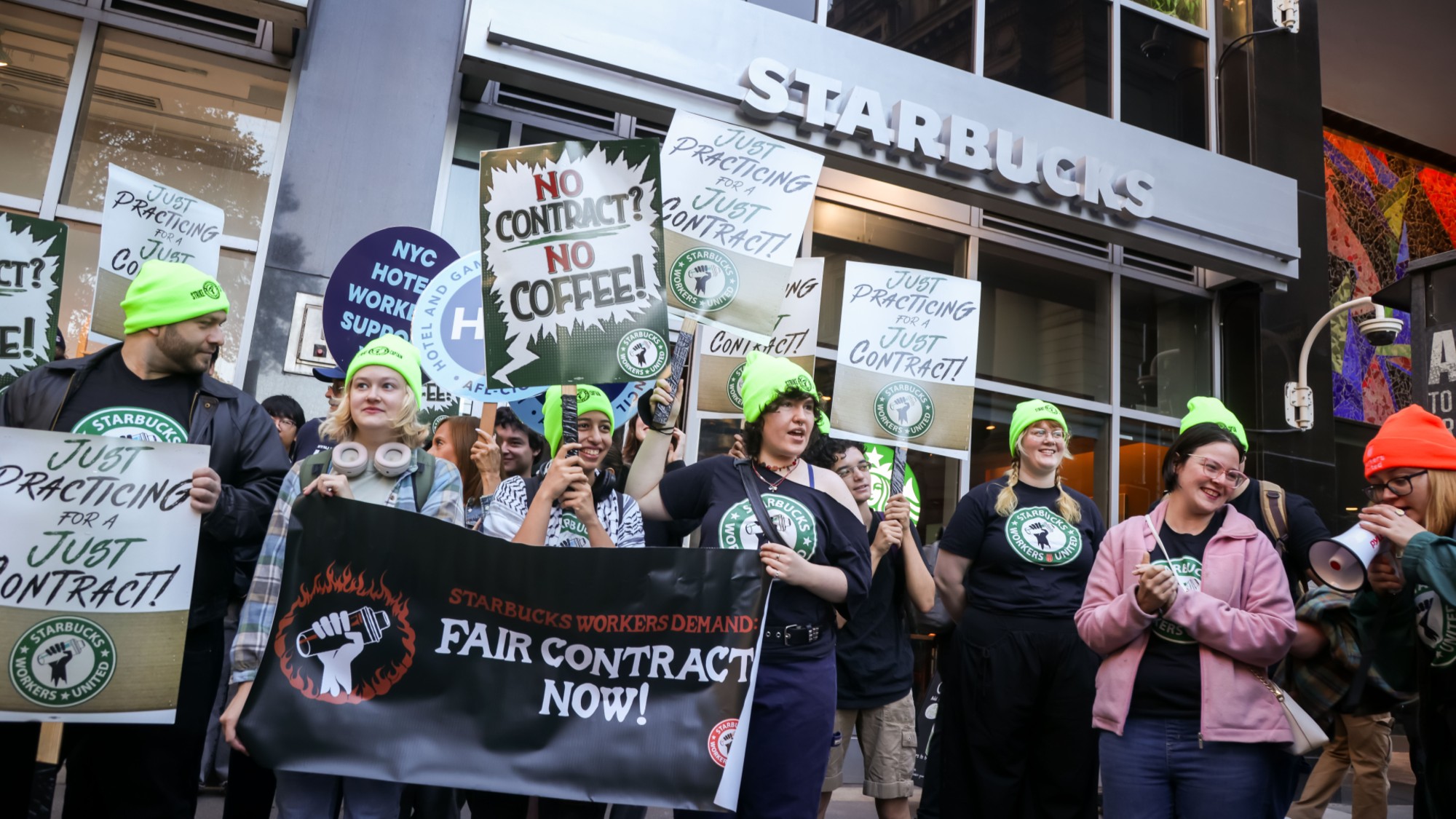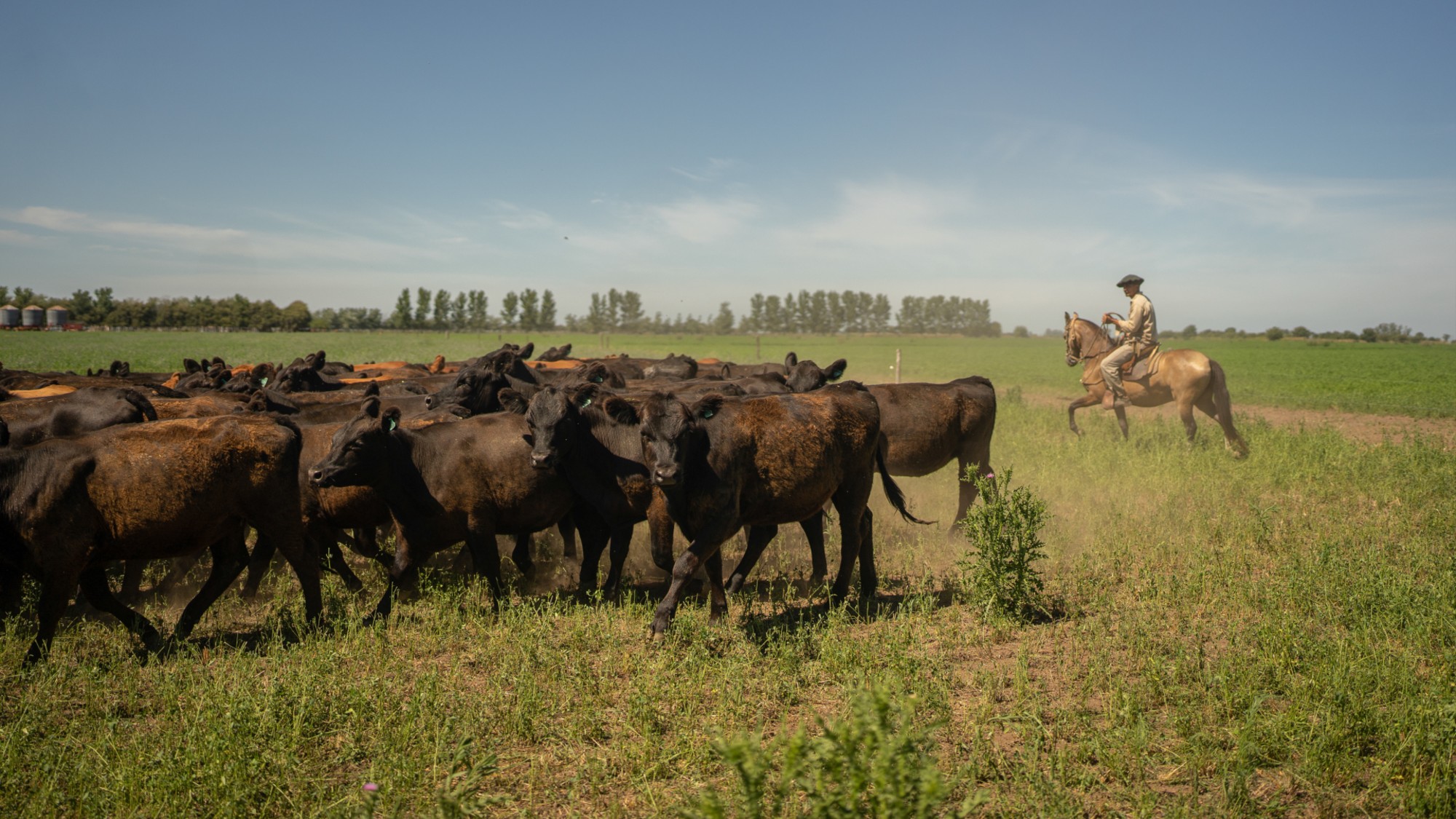US port strike averted with tentative labor deal
The strike could have shut down major ports from Texas to Maine


A free daily email with the biggest news stories of the day – and the best features from TheWeek.com
You are now subscribed
Your newsletter sign-up was successful
What happened
The International Longshoremen's Association and port terminal operators on the East Coast and Gulf Coast reached a tentative labor deal Wednesday, averting a disruptive dockworker strike that could have shut down all major ports from Maine to Texas starting next week.
Who said what
In a joint statement, the union and the U.S. Maritime Alliance said their "win-win agreement" protects and creates "ILA jobs, supports American consumers and businesses," and "establishes a framework for implementing technologies that will create more jobs while modernizing East and Gulf Coast ports."
The ILA and Maritime Alliance, representing port operators and shipping companies, agreed to a 62% pay raise for dockworkers to end a three-day strike in October, but they were still at loggerheads over using automated technology at the ports. The joint statement "did not say how they had settled their differences over automation," The New York Times said, but the tentative six-year deal reportedly "guarantees that jobs would be added when automated equipment was added at a port."
The Week
Escape your echo chamber. Get the facts behind the news, plus analysis from multiple perspectives.

Sign up for The Week's Free Newsletters
From our morning news briefing to a weekly Good News Newsletter, get the best of The Week delivered directly to your inbox.
From our morning news briefing to a weekly Good News Newsletter, get the best of The Week delivered directly to your inbox.
What next?
The agreement, "reached in principle verbally," must "still be ratified by port employers and by tens of thousands" of ILA members, The Wall Street Journal said. "Members of other unions have in recent months rejected labor accords agreed to by their leaders," said the Times.
A free daily email with the biggest news stories of the day – and the best features from TheWeek.com
Peter has worked as a news and culture writer and editor at The Week since the site's launch in 2008. He covers politics, world affairs, religion and cultural currents. His journalism career began as a copy editor at a financial newswire and has included editorial positions at The New York Times Magazine, Facts on File, and Oregon State University.
-
 The ‘ravenous’ demand for Cornish minerals
The ‘ravenous’ demand for Cornish mineralsUnder the Radar Growing need for critical minerals to power tech has intensified ‘appetite’ for lithium, which could be a ‘huge boon’ for local economy
-
 Why are election experts taking Trump’s midterm threats seriously?
Why are election experts taking Trump’s midterm threats seriously?IN THE SPOTLIGHT As the president muses about polling place deployments and a centralized electoral system aimed at one-party control, lawmakers are taking this administration at its word
-
 ‘Restaurateurs have become millionaires’
‘Restaurateurs have become millionaires’Instant Opinion Opinion, comment and editorials of the day
-
 Ski town strikers fight rising cost of living
Ski town strikers fight rising cost of livingThe Explainer Telluride is the latest ski resort experiencing a patroller strike
-
 What will the US economy look like in 2026?
What will the US economy look like in 2026?Today’s Big Question Wall Street is bullish, but uncertain
-
 Tariffs have American whiskey distillers on the rocks
Tariffs have American whiskey distillers on the rocksIn the Spotlight Jim Beam is the latest brand to feel the pain
-
 TikTok secures deal to remain in US
TikTok secures deal to remain in USSpeed Read ByteDance will form a US version of the popular video-sharing platform
-
 Unemployment rate ticks up amid fall job losses
Unemployment rate ticks up amid fall job lossesSpeed Read Data released by the Commerce Department indicates ‘one of the weakest American labor markets in years’
-
 US mints final penny after 232-year run
US mints final penny after 232-year runSpeed Read Production of the one-cent coin has ended
-
 Starbucks workers are planning their ‘biggest strike’ ever
Starbucks workers are planning their ‘biggest strike’ everThe Explainer The union said 92% of its members voted to strike
-
 Argentinian beef is at the center of American farmers’ woes
Argentinian beef is at the center of American farmers’ woesThe Explainer ‘It feels like a slap in the face to rural America,’ said one farmer
